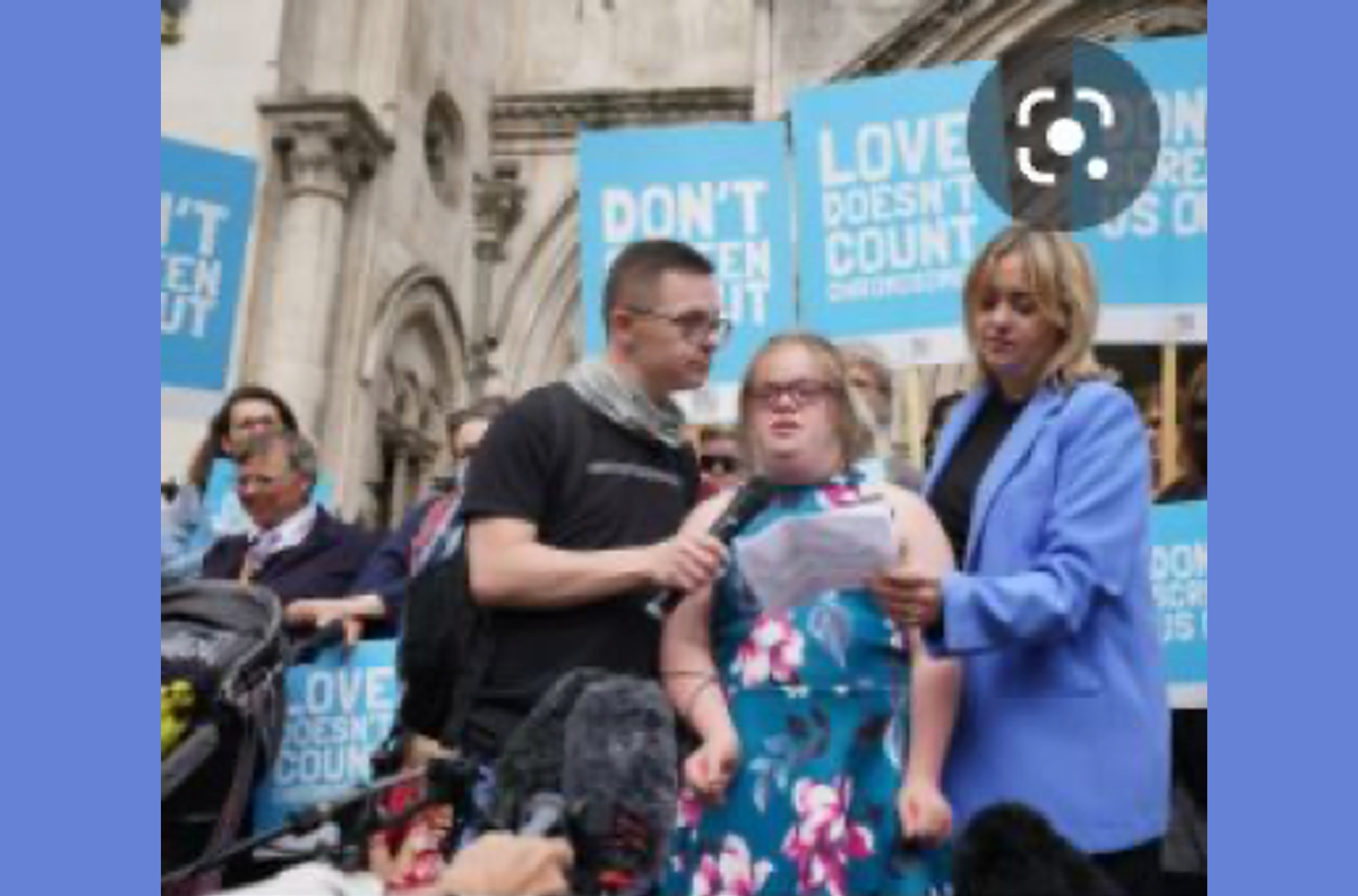
Media reports published on 23 September by both the BBC and the Guardian inaccurately report the legal issue involved by saying that the 1967 Abortion Act “allows abortion up to birth for a foetus with the condition [Down’s Syndrome]”.
In fact, the exact wording of the 1967 Abortion Act is as follows:
1. Medical termination of pregnancy.
(1) Subject to the provisions of this section, a person shall not be guilty of an offence under the law relating to abortion when a pregnancy is terminated by a registered medical practitioner if two registered medical practitioners are of the opinion, formed in good faith—
(a) that the pregnancy has not exceeded its twenty-fourth week and that the continuance of the pregnancy would involve risk, greater than if the pregnancy were terminated, of injury to the physical or mental health of the pregnant woman or any existing children of her family; or
(b) that the termination is necessary to prevent grave permanent injury to the physical or mental health of the pregnant woman; or
(c) that the continuance of the pregnancy would involve risk to the life of the pregnant woman, greater than if the pregnancy were terminated; or
(d) that there is a substantial risk that if the child were born it would suffer from such physical or mental abnormalities as to be seriously handicapped.
Heidi Crowter, age 26, with two others, brought the case against the government in July, saying the legislation did not respect her life. Her legal team had argued the rules were unlawfully discriminatory. The government maintained there was no evidence the law discriminated against Down’s Syndrome. Ms Crowter said she would seek to appeal.
The reports say judges found that the above quoted section of the Abortion Act covering fetal anomalies was not unlawful, but aimed to strike a balance between the rights of the unborn child [sic] and of women.
Ms Crowter is quoted as saying: “We face discrimination every day in schools, in the work place and in society. And now thanks to this verdict the judges have upheld discrimination in the womb too.” She added on Twitter: “The judges might not think [the law] discriminates against me, the government might not think it discriminates against me, but I am telling you I feel discriminated against.”
[Editor’s Note: The question of when human rights begin lies behind all aspects of this issue – whether from conception as the anti-abortion movement (and it appears also Ms Crowter) would argue or after a live birth as human rights pronouncements allow (rights and therefore discrimination begin only after a live birth when there is an entity independent of its mother’s womb). Because this news is just breaking and because the exact wording of both the claims by those who brought the case and the response of the court are not immediately available, I have kept this report as brief as possible. It is to be greatly regretted that both the BBC and the Guardian use the anti-abortion language of ‘abortion up to birth’ in their reports.]
SOURCES: BBC, 23 September 2021 ; The Guardian, by Alexandra Topping and agencies, 23 September 2021 ; PHOTO of Ms Crowter making a statement, Evening Standard (details blocked by cookie policy text)



